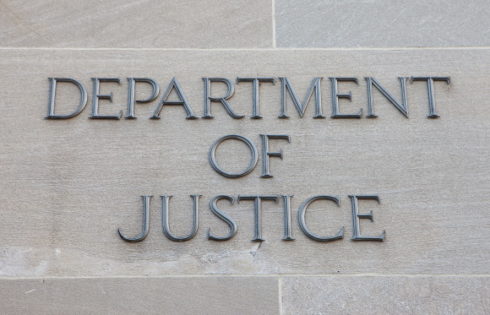
Western Washington University is scheduled to host a workshop today that aims to “reduce the impact of white privilege on social and academic relations,” according to campus officials.
Part of its Campus Equity and Inclusion Forums, the event at the public university is designed for faculty, staff and students, who will use presentations, interactive exercises and facilitated discussions to learn “how to reduce the expression and effects of white privilege,” the university’s website states.
The seminar will be led by history professor Randall Jimerson, who is white.
“I think the harmful effects of ‘white privilege’ are that it can reflect an insensitivity to the subtle effects of both racism and lack of awareness of the differences between how people of color and people called ‘white’ are treated in everyday life,” Jimerson told The College Fix via email. “Not being aware that other people face daily, often subtle, discrimination can make white people insensitive to these debilitating effects.”
The seminar is open to everybody, but Jimerson acknowledged it’s especially helpful for white people.
“Most people of color are aware of the existence of ‘white privilege,’ whether or not they have applied this term to the disparity between their experiences and those of white people,” he said via email. “Thus, I assume that the main focus will be on helping white participants to understand, explore, and accept (or reject) the concepts embedded in this phrase.”
“I hope that the conversation will then move to ideas about how to reduce the impact of ‘white privilege’ in our daily interactions with other people, and in our consciousness of race and other socially-constructed concepts.”
Indeed, he emphasized that white privilege is not based in “biology, but only as social constructs historically designed to privilege ‘white’ people over all others.”
Asked how race relations have come in the United States since the 1960s, Jimerson demurred.
“As a white male—even though I have a sister-in-law, a niece, and two nephews who would be described as persons of color—I do not think that I can provide a clear answer to this question,” he said. “The nature of race relations, and how this has changed in the past 50 years, is something that I can only sense indirectly.”
“Although I think that the United States has made progress in some aspects of race relations—such as overt or legal segregation—recent evidence suggest we have a long way to go,” he added. “These forms of evidence range from the racist attacks on former President Barack Obama, to documented incidents of excessive police violence towards people of color, to the increase of white supremacist organizations, and the only slightly veiled racism of many members of the Trump administration. These developments are seriously troubling for anyone who values concepts of fairness, equality, and social justice.”
MORE: Students harass white professor for refusing to leave campus on anti-white ‘Day of Absence’
MORE: Public university trains white students on their ‘white privilege’
Like The College Fix on Facebook / Follow us on Twitter
Like The College Fix on Facebook / Follow us on Twitter






Please join the conversation about our stories on Facebook, Twitter, Instagram, Reddit, MeWe, Rumble, Gab, Minds and Gettr.